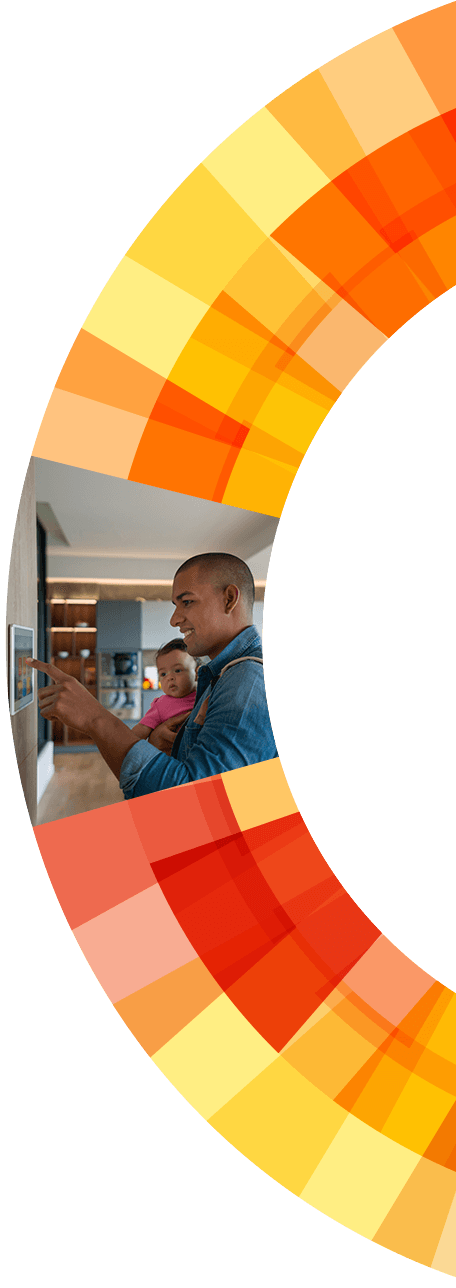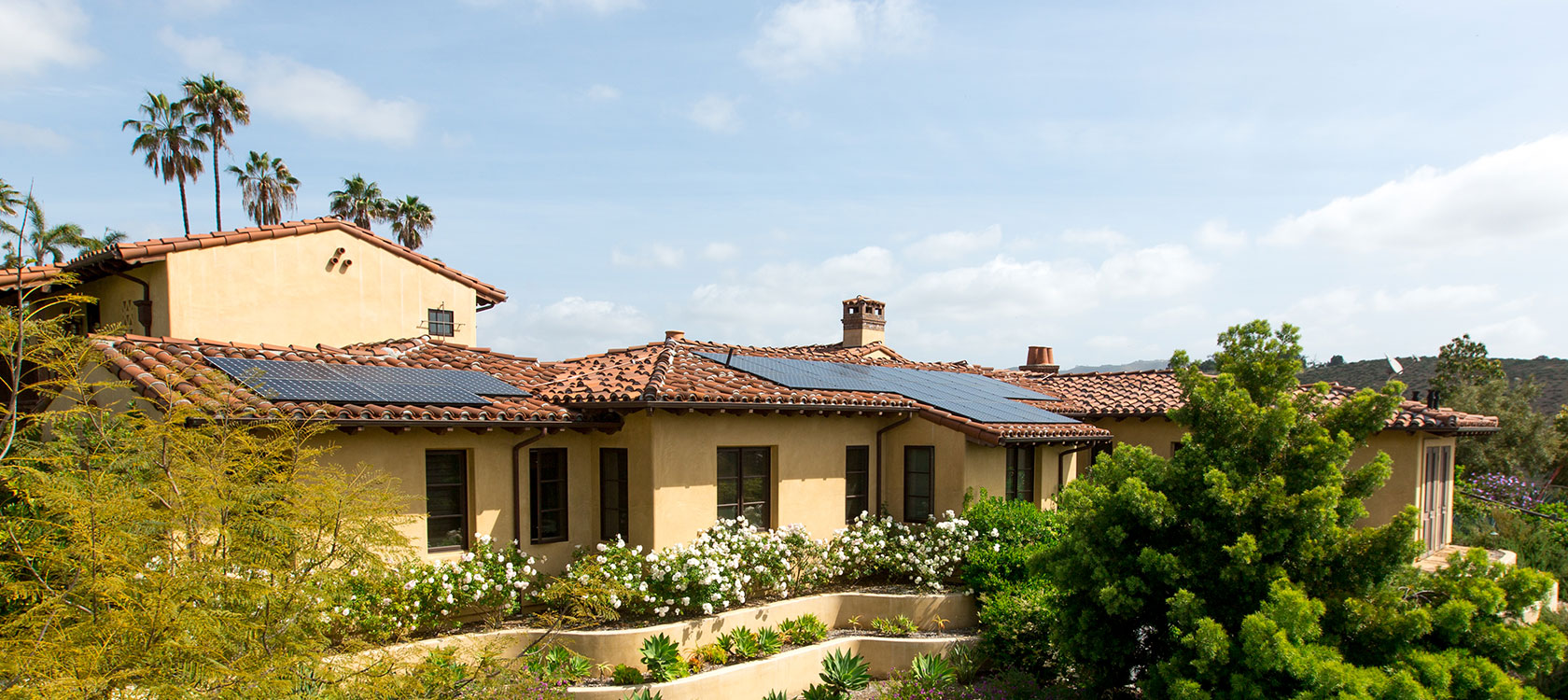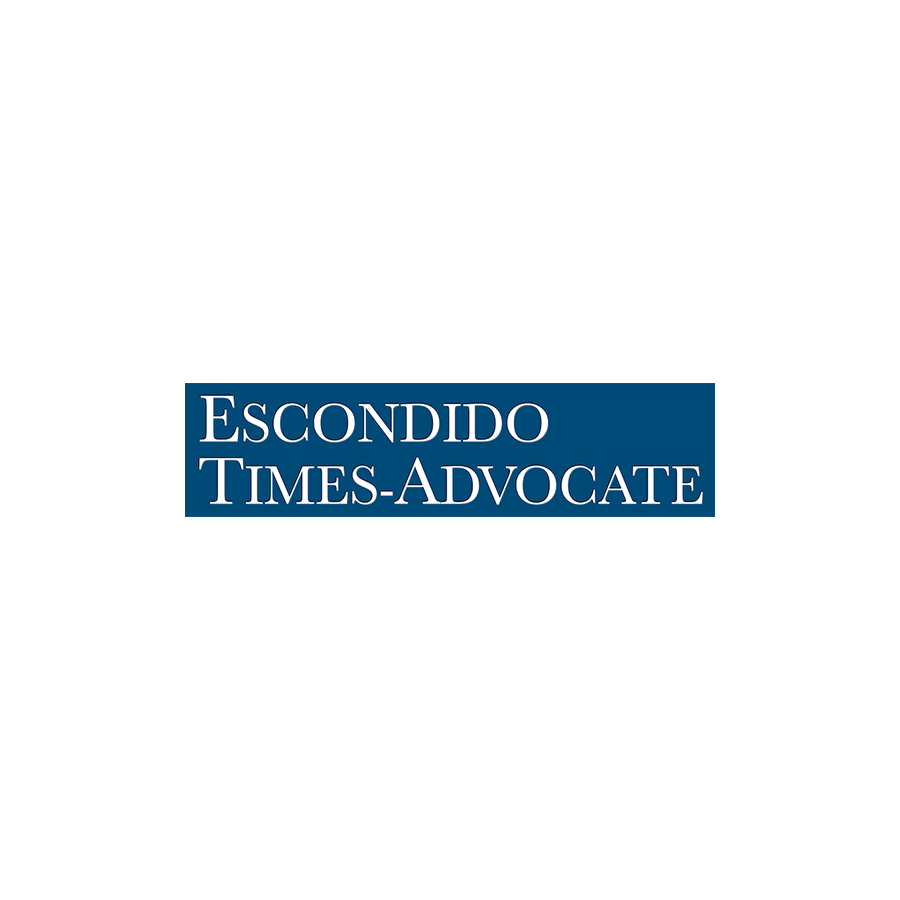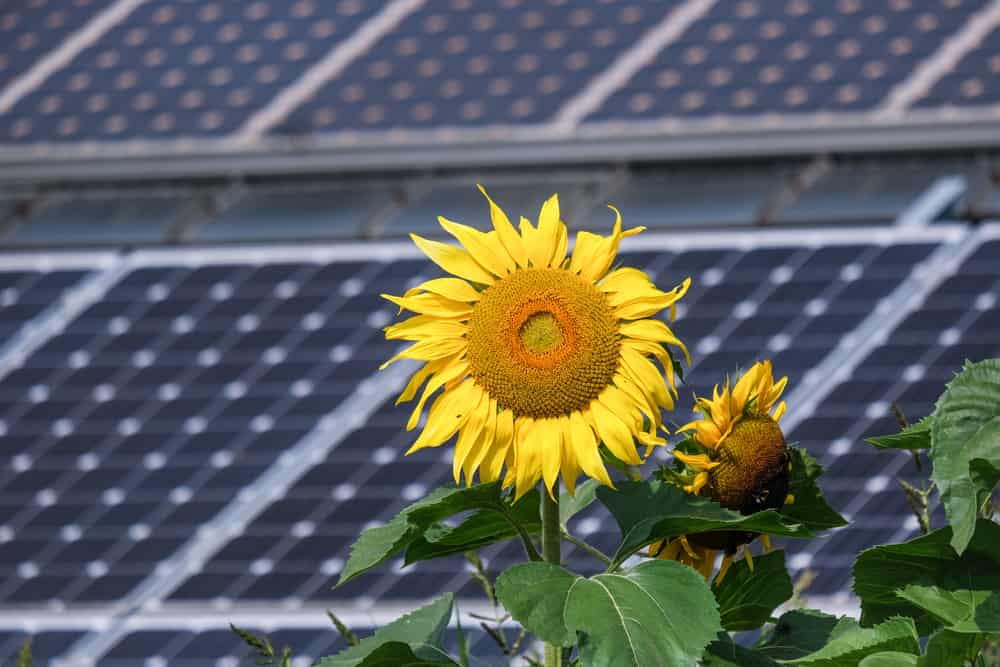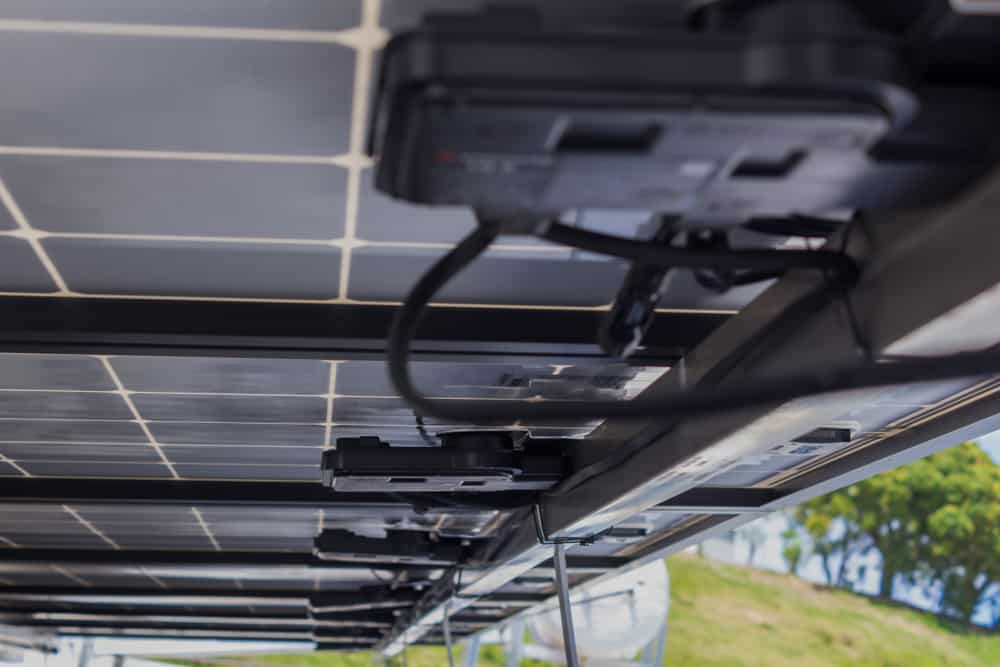
When it comes to installing solar panels on your roof, there are several options—the most typical being solar panels installed with string inverters.
Microinverters perform the same function as string inverters, except they are coupled to fewer solar modules than string inverters. In this post, we discuss some of the key advantages and disadvantages of microinverters and how partnering with an experienced solar installer can help ensure that you install solar panels with high-quality solar inverters.
What are Microinverters?
Microinverters instantly convert the direct current generated by solar modules to alternating current. While string inverters are typically connected to the wall away from the array area, microinverters can be attached to individual solar panels.
Are Microinverters Better?
If you are considering going solar, microinverters can have some advantages over conventional string inverters. Some advantages of microinverters include:
- Tracking Real-Time Solar Intensity: Microinverters determine each system’s optimal voltage to generate the maximum peak power voltage (VPP). The Maximum Power Point Tracking (MPPT) controller installed inside the microinverter tracks the real-time solar intensity and the carrying cell temperature throughout the day. For homeowners, this translates to better value over time.
For example, a solar system that is shaded, partially shaded, or has dirt particles on the array, might fail to produce maximum power when paired with string inverters. The poor performance of just one module of the system can drastically reduce the overall output of the entire solar installation. On the other hand, a single microinverter connected to each separate solar module is independently controlled. This means the modules that are not covered by shade or dirt can still generate optimal power.
- Monitoring: The individual per-panel monitoring by microinverters lets homeowners, as well as solar panel installation companies, know of the under-performing systems and address the issues of under-performing panels immediately.
- Reliability: High-quality microinverters are subjected to rigorous testing to withstand extreme weather conditions.
- Improved Safety: As microinverters convert DC power to AC instantly, they eliminate the potential safety risks associated with high voltage DC electricity.
- Longer Warranties: Microinverters have a 25-year warranty, compared to the 5-year warranties of string inverters.
What are the Drawbacks of Microinverters?
When you are considering microinverter solar panel installations, you should be aware of:
- Higher Upfront Costs: The inverter type has the largest impact on the cost of the installed solar PV system. The larger number of components in a microinverter solar panel contributes to a slightly higher initial trade-off of out-of-pocket costs.
- Possible Failure Rates: There are more system components in a microinverter as compared to a regular central or string inverter. A 5 kW solar system with 250 W panels consists of 20 inverters, meaning the inverters are theoretically twenty times more likely to have the same failure rate than a single-point-of-failure string inverter. That said, if a single microinverter fails, the only solar panel affected is the one it’s attached to as opposed to a complete system failure when a string inverter goes down.
These factors highlight the need to select a high-quality solar power system that can withstand extreme weather conditions and get your money’s worth from solar panel installation. Poor quality microinverters are often associated with high failure rates. As always, you get what you pay for. So, do your research, ask questions about the quality and performance of the microinverters, and insist on high-quality parts that will increase the value of your home.
There are many benefits to microinverters but it is important to consider your property and solar needs. If your property has considerable shade, then microinverters can offer the best possible advantage. For commercial solar PV systems, microinverters offer an exponential value over time as they monitor individual panels for optimal performance.
More Questions? Baker Home Energy Is Standing By to Help!
Are you considering switching to solar and still have questions? As an experienced, reputable San Diego solar company, Baker Home Energy consultants can help you decide which system is best for you. While some companies only offer one type of solar technology to everyone, we customize each high-quality solar solution for your property and your budget.
